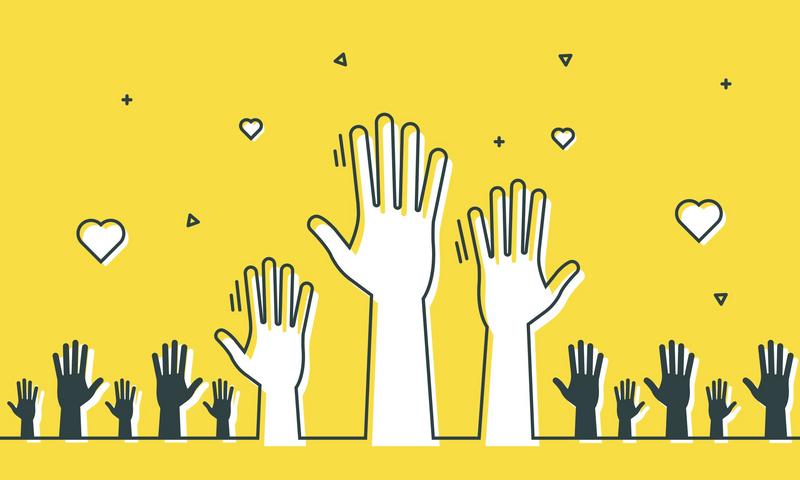An overwhelmed high school student, a college student confused about an assignment, or an intern or young professional that needs an extension on a big project—there are hundreds of instances that you’ll be faced with throughout your student and professional life that may require you to ask for help.
Asking for help is not easy. Mustering up the courage to ask is half of the battle. When you boil it down, we’re all alike; know that most of us have asked for help before. But how do you properly ask for help and get it?
There are two methods to ask for help, and one is probably the best. You can ask for help in person, or via email. Below is the scoop on each method:
- The In-Person Ask for Help This is the best way to ask for help. The reason is it’s extremely personable. It also boosts your odds of a positive response from the person you’re asking for help.
- The Email or Phone Ask In some situations you may need to ask this way. Be careful when you’re asking for help in an email or over the phone. Without the in-person element, there’s less room for understanding and non-verbal connection.
- Be confident. It takes courage to admit you need help. Be confident in your ask. If you sound unsure, the person you’re asking for may wonder about your intent. Briefly explain the circumstances of your ask and quickly make the ask. A long explanation may not sound as sure as you intended. Know who to ask. If you ask the wrong person, you may not get the response wanted. If you’re a student or intern that needs more clarification or a project extension, you’ll need to ask the course instructor or your internship mentor.
- Carefully craft your ask. There are several clever ways to ask for help in a professional or responsible manner. Reformat your ask to sound considerate, by using words and phrases, such as “collaborate,” “recommended, or “would this timeline work for you?” Grammarly provides eight unique ways of asking for help in a recent blog post.
- Don’t ask for last-minute help. Of course, there are times when a last-minute plea for help can't be avoided. However, if you give the person you've asked plenty of time to help, you’ll likely get a more positive response. Teachers, professors, counselors, mentors, and managers don’t typically go out of their way to help procrastinators.
- Be polite. Have you ever heard of the saying, “You attract more flies with honey than vinegar?” Meaning, being kind or sweet will get you more attention or help than a rude attitude will. Mom (and Benjamin Franklin-- he’s credited for inventing this phrase) were right; say please and thank you when you ask for help. Don’t forget to use email etiquette. There are 10 professional email tips you can use to craft your ask. Smile (if asking in-person) and let the person you’re asking for assistance know you’re grateful to have them on your side. Once your ask has been answered, consider writing and sending a thank you email or note. This extra effort will not go unnoticed.

